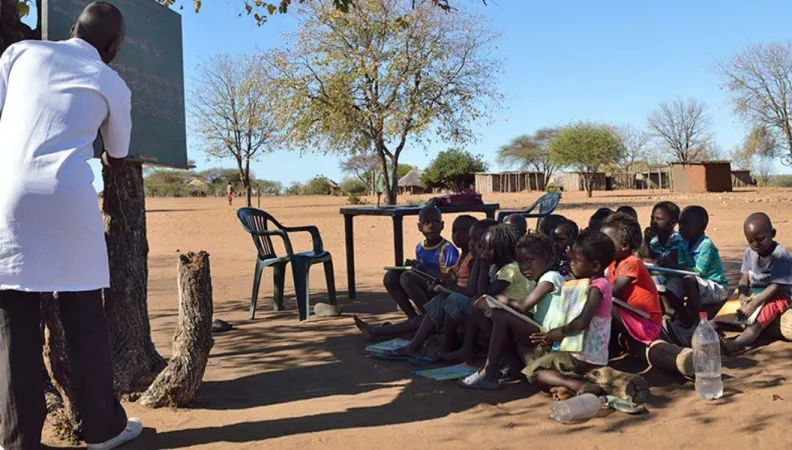Share the page
Improving the Effectiveness of our Operations through Evaluations
Published on

To mark the publication of the Africa edition of AFD’s evaluation report, Karen Rot-Münstermann, from the Independent Development Evaluation Department at the African Development Bank (AfDB), and Thomas Mélonio, Executive Director for Innovation, Research and Knowledge at AFD, take stock of the importance of these assessments for the effective implementation of projects.
What are the main objectives of evaluations in your respective institutions?
Karen Rot-Münstermann: The mission of the Independent Development Evaluation (IDEV) at the African Development Bank (AfDB) is to improve the effectiveness and efficiency of our operations in African countries through our evaluations. They provide essential lessons for future projects by highlighting the successes and failures of our projects.
Evaluations are therefore extremely useful for us. We try to develop them based on the needs of the beneficiaries and stakeholders, which IDEV involves right from the development stage of the evaluation and throughout the process, so that they can take on board the conclusions and recommendations.
For example, for our evaluation of the impact of irrigation projects in Malawi, we organized a learning workshop for government officials. They committed to strengthen their capacity to improve the design of projects and remedy the shortcomings identified.
Further reading: Two years of evaluations at AFD: A report (in French)
Thomas Mélonio: I agree with everything that’s been said about the extent of the usefulness of evaluations and sharing conclusions with partners in the South that are directly concerned. For a bilateral partner like AFD, there’s also the issue of accountability. As 85% of the State’s budget effort focuses on the Mediterranean and Africa, we need to conduct more evaluations where the State channels the vast majority of its resources.
This results in a dual accountability towards the people in the areas where we implement financing and to French citizens, whose money we are in reality, managing. For three years now, we’ve provided a response by publishing all our project evaluations.
Do evaluations in your institutions involve the use of new technologies?
K. R-M.: Since the onset of the pandemic, IDEV has had to use mobile data collection and local consultants to conduct the evaluations. In terms of satellite imagery, we’ve used it for the impact assessment of an electricity project in Kenya. If the teams have the technical capacity to use this new technology, satellite data can provide invaluable additional evidence to validate other data sources.
T. M.: To meet the demands of our partners in developing countries for high-tech products that can be used for the appraisal, monitoring and evaluation of projects, we’ve invested in the use of imagery and artificial intelligence. Technology increases the analytical capacity of evaluators.
It makes it possible to obtain more convincing evaluations, and more evidence of the achievements and potential outcomes. We used this technology for the evaluation of the impact of deforestation in the Congo Basin, and will continue to do so for this type of scientific impact evaluation, which is an important part of our evaluation strategy.
→ Read the rest of the interview in the online report of AFD’s evaluations in Africa (in French)
